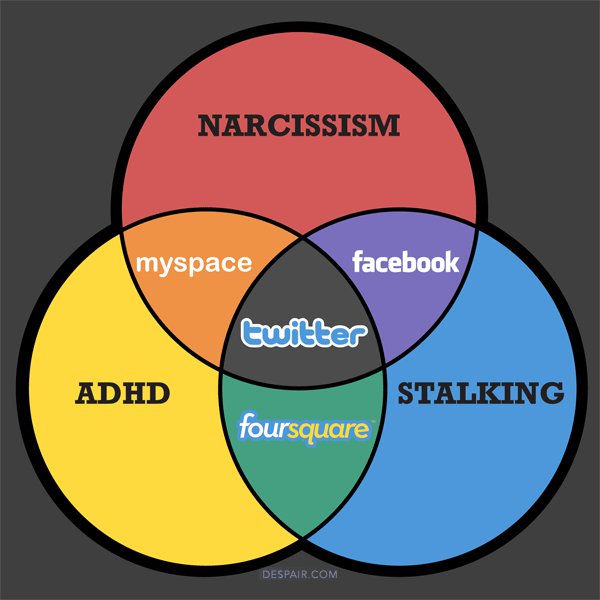From Al Jazeera.
Mubarak pulls the ‘kill switch’

Source — Renesys.
Thoughtful article in Salon by Dan Gillmor.
This isn’t the first time government has shut down access to the Internet during a national crisis, or ordered mobile phone companies to stop letting customers make calls and send text messages. Burma largely succeeded in closing off its media borders several years ago, and regimes around the planet have created harsh censorship systems that prevent the majority of their people from seeing information deemed unacceptable by the people in charge.
Now, the shutdown isn’t absolute. Some data is still getting in and out of Egypt, and circulating within the country. The reports are so sketchy, even from experts in the field, that it’s hard to know precisely what is happening. But Egypt’s shutdown of most communications to the outside world, and communications inside the country, is the most blatant abuse yet of this kind by a large power. And it’s Exhibit A in how the modern Internet, despite its heritage as a system where information would find its way around outages, has become increasingly vulnerable to choke points that governments and their corporate partners/subjects have become adept at using to restrict the flow of information.
The Internet isn’t the only way people use digital communications, of course. But most phone service in Egypt is mobile. So it’s trivially easy, unfortunately, to take mobile phone service off the air. In Egypt’s case, it simply ordered the providers—which operate at the government’s sufferance—to stop providing service. Vodafone and other mobile carriers, having no real alternative, complied–though we still might wish for an example of corporate guts in the face of dictatorial abuses. Oligopolies and monopolies are easy to tame.
Yep.
Oh and btw this is the same ‘kill switch’ that Joe Lieberman would like to pull in the US.
Meanwhile, back at the News of the World…
Nice change from the Downfall meme.
Where on Earth is Neville? The Met’s investigative zeal
Interesting excerpt from the interrogation of Assistant Commissioner John Yates by the House of Commons – Culture, Media and Sport Committee on September 2, 2009.
Q1891 Chairman: The evidence which the Guardian produced and indeed gave to this Committee actually came from you originally. It is evidence that was handed over to the court from the police investigation—
Mr Yates: Yes, it was unused material.
Q1892 Chairman:— which reached the Guardian. The key one, which you will be familiar with, is the email and “this is the transcript for Neville”. Why did you not think that it was sufficiently important to interview Neville?
Mr Yates: Well, again we took advice on this and it did form part of the original case and formed part of, what we call, the sensitive, unused material. There are a number of factors around it, some practical issues. Firstly, the email itself was dated, I think, 29 July 2005 and we took possession of it in August 2006, so it was already a minimum of 14 months old, that email, that is the minimum and we do not know when it was actually compiled or sent. We know from the phone company records that they are not kept for that period of time, so there was no data available behind that email. There was nothing to say that Neville, whoever Neville may be, had seen the document and, even if the person, Neville, had read the email, that is not an offence. It is no offence of conspiracy, it is no offence of phone-hacking, it is no offence of any sort at all.
Q1893 Chairman: Sorry to interrupt, but you say there is nothing to say whether Neville had read the email, but you could have asked him.
Mr Yates: Well, if I can finish, there is no clear evidence as to who Neville was or who is Neville. It is supposition to suggest Neville Thurlbeck or indeed any other Neville within the News of the World or any other Neville in the journalist community. Mulcaire's computers were seized and examined. There is nothing in relation to Neville or Neville Thurlbeck in those computers and, supported by counsel latterly and by the DPP, they both are of the view, as we are, that there are no reasonable grounds to suspect that Neville has committed any offence whatsoever and no reasonable grounds to go and interview him.
Q1894 Chairman: Well, it does seem an extraordinary coincidence though that somebody working for the News of the World sends an email, saying, "This is the transcript for Neville" when the chief reporter of the News of the World is called Neville and you think that this is not sufficient to ask Neville Thurlbeck whether he is the Neville referred to in the email.
Mr Yates: Well, there is no evidence of an offence being committed, which is what I said first.
Daniel Bell RIP
Daniel Bell, whose book The End of Ideology shaped the way many of us think about politics, has died at the age of 91. This nice anecdote comes from the NYTimes obit.
Mr. Bell liked to tell of his political beginnings with an anecdote about his bar mitzvah, in 1932. “I said to the Rabbi: ‘I’ve found the truth. I don’t believe in God. I’m joining the Young People’s Socialist League.’ So he looked at me and said, ‘Kid, you don’t believe in God. Tell me, do you think God cares?’ ”
How a bail-out works
From today’s Financial Times…
The rain beats down on a small Irish town. The streets are deserted. Times are tough. Everyone is in debt and living on credit. A rich German arrives at the local hotel, asks to view its rooms, and puts on the desk a €100 note. The owner gives him a bunch of keys and he goes off for an inspection.
As soon as he has gone upstairs, the hotelier grabs the note and runs next door to pay his debt to the butcher. The butcher hurries down the street to pay what he owes to his feed merchant. The merchant heads for the pub and uses the note to pay his bar bill. The publican slips the note to the local hooker who’s been offering her services on credit. She rushes to the hotel to pay what she owes for room hire. As she puts the €100 note on the counter, the German appears, says the rooms are unsuitable, picks up his €100 note and leaves town.
No one did any work. No one earned anything. Everyone is out of debt. Everyone is feeling better. And that is how a bail-out works.
The stallholder
Covent Garden, London, yesterday. I found myself thinking: does he really have to pack away all that stuff every night?




